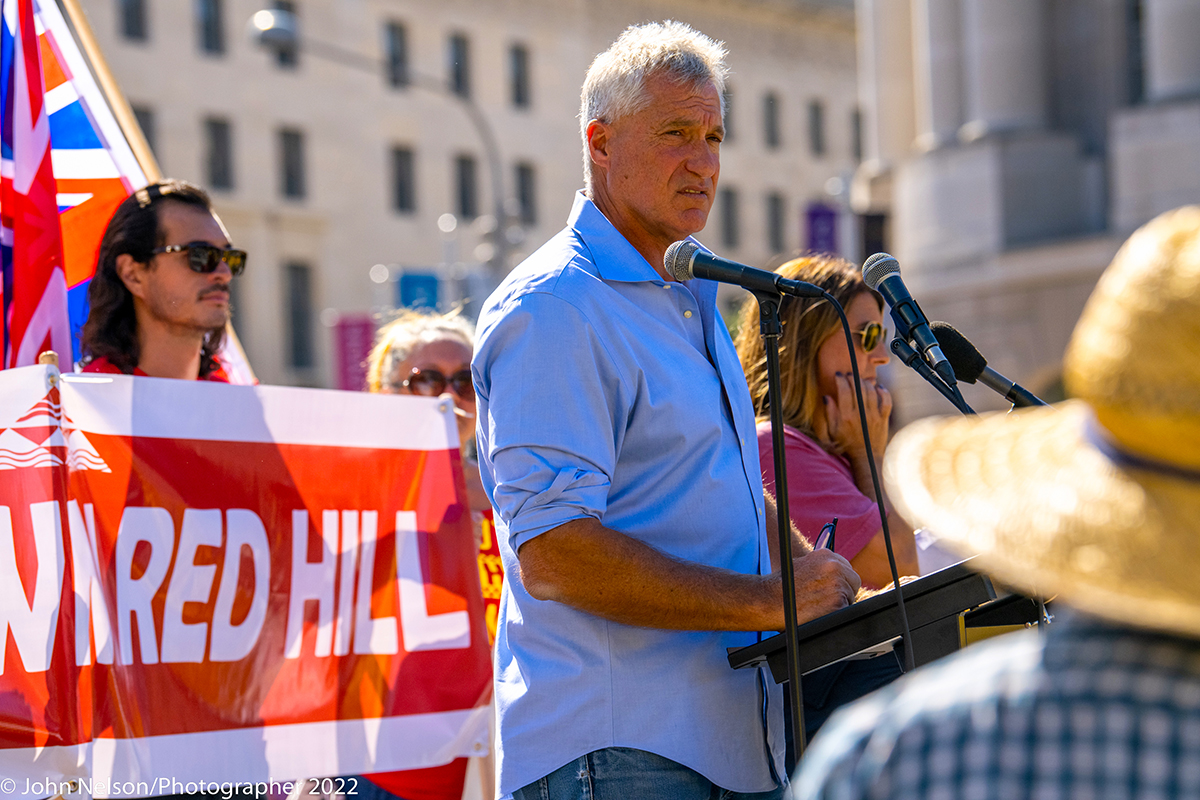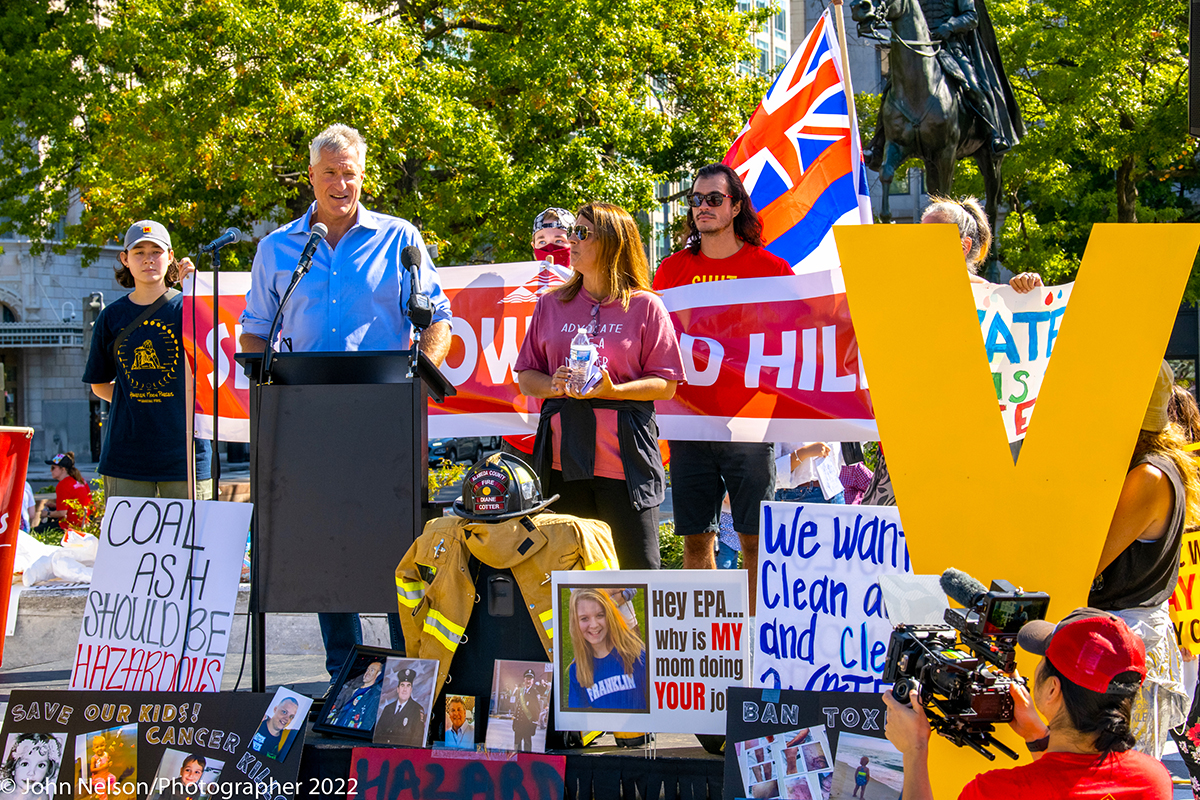Written by Stel Bailey | A contributor dedicated to sharing stories of resilience, advocacy, and the human spirit.
Helping Ecuador Take On Chevron
The autumn light stretched across Freedom Plaza as Steven Donziger stepped onto the stage, his figure lean against the granite backdrop of downtown Washington. The crowd quieted. Some held handmade placards demanding justice for poisoned communities; others held photographs of rivers turned black or of relatives lost to cancers that never should have come. The man at the microphone was not just another speaker, he was a symbol of what happens when ordinary people confront extraordinary power.
Donziger’s name is etched into one of the most significant environmental battles in modern history. For nearly three decades, he fought on behalf of Indigenous communities in the Ecuadorian Amazon, where Chevron had dumped millions of gallons of toxic wastewater, leaving behind poisoned rivers, scarred land, and generations of sickness. Against all odds, Donziger and his team won a $9.5 billion judgment against the oil giant, the largest environmental lawsuit of its kind. For a moment, it seemed as though accountability had triumphed.
But Chevron did not retreat. It struck back. The company accused Donziger and the plaintiffs of corruption, claimed expert reports had been ghostwritten, and launched a relentless counteroffensive. Private investigators followed Donziger’s every move. A global smear campaign painted him as a criminal. Then came a $60 million lawsuit accusing him of extortion, brought under a statute once designed to dismantle the Mafia. Chevron won, and with that victory demanded Donziger hand over his phone and computer, an unprecedented order that would have forced him to surrender privileged communications with his clients. When he refused, he was charged with criminal contempt.
What followed was a saga that blurred the lines between corporate influence and judicial process. Donziger spent 993 days under house arrest, shackled by an ankle monitor, his passport seized, his bank accounts frozen. Later, he served 45 days in prison. To his supporters, it was clear: Chevron had managed to turn the machinery of justice into a weapon, punishing the lawyer who dared hold them accountable.
Now, standing in Freedom Plaza, Donziger’s voice carried both exhaustion and pride. “I’m a lawyer that just came off 993 days of home detention and went to prison for 45 days after helping Indigenous peoples take on Chevron and win $9.5 billion,” he told the crowd. “I’m so damn proud of what these communities and the legal team accomplished. I’m proud that they felt so threatened by how we have the power to do what we did.”
The applause swelled, but Donziger pressed on. His story, he insisted, was not unique. From Flint, Michigan, to Red Hill, Hawaii; from North Carolina to Indiana, Arizona, and California, communities across America faced the same toxic legacy. “Polluters will continue to pollute unless we stop them,” he said. “If they believe they can get away with polluting for zero costs, they will do it.”
What angered him most was not only the polluters but the governments meant to restrain them. Agencies tasked with protecting public health had been hollowed out, he argued, compromised by the very industries they were supposed to regulate. “The government should be an antidote to corporate power,” Donziger said. “Instead, companies have bought up all three branches, including the agency taken to stop them. They don’t even think they work for you. They see you as a problem to deal with at the moment.”
The words landed hard. Many in the audience knew this truth intimately. Families from towns scarred by coal ash or industrial spills recognized in Donziger’s story their own struggles: ignored health complaints, endless legal battles, intimidation meant to silence them. His call for solidarity resonated. “Until we take back our government, organize and mobilize all the communities impacted, they will not stop,” he declared. “When they attack us, it’s important that we stand in solidarity to protect each other.”
For those gathered, Donziger was not just an attorney but a reminder of the cost and the necessity of standing up to corporate power. His presence that day turned Freedom Plaza into more than a stage for speeches. It became a meeting ground of stories that stretched from the Amazon to Appalachia, a place where personal battles intertwined into a collective demand for justice. Donziger’s ordeal, far from silencing him, had amplified a message that reverberated through the crowd: the fight against polluters is global, the stakes are human, and the only way forward is together.



